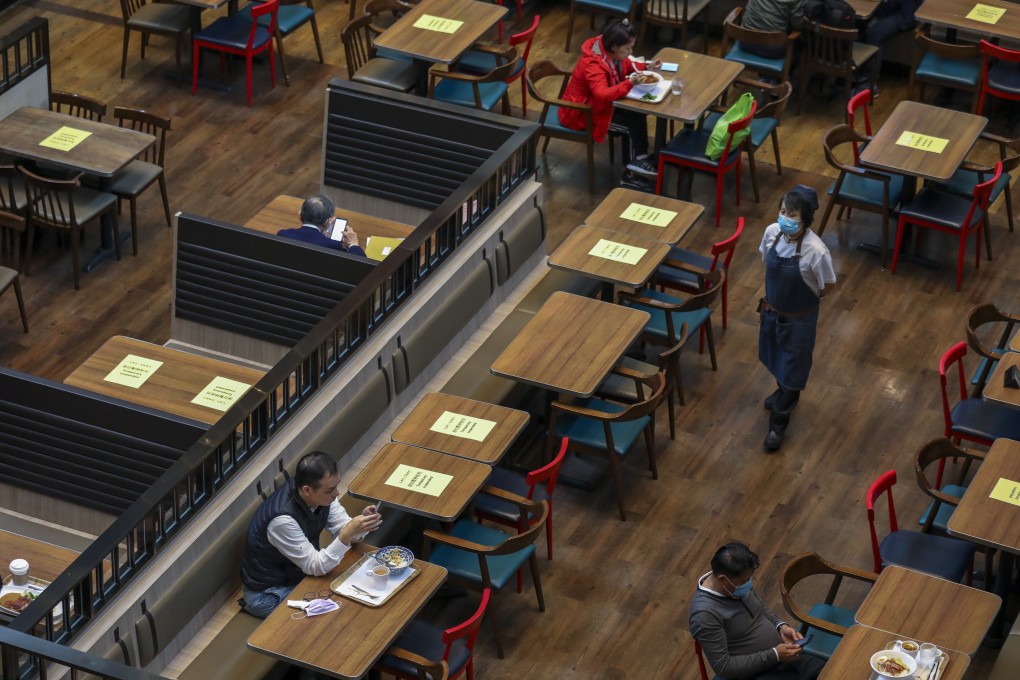Advertisement
Opinion | How Hong Kong got its coronavirus response right – by taking care of business
- Although the handling of the national anthem and national security laws has been disappointing, Hong Kong has done an admirable job of coping with the economic crisis from the Covid-19 pandemic, as it struggles to contain a political crisis, too
Reading Time:3 minutes
Why you can trust SCMP

The Hong Kong government does take care of business; first and foremost, the business of its billionaire tycoons. But it also deserves credit for what it has done lately for Hongkongers as a whole, notwithstanding the confidence crisis caused by ramrodding the national anthem bill through the Legislative Council and abdicating to Beijing the enactment of a national security law as required by Article 23 of the Basic Law.
Nevertheless, the news on Covid-19 from around the world has me thanking my lucky stars I am a Hongkonger. It helps me come to terms with my disappointment over how the anthem and security laws have been dealt with, which caused renewed street protests.
Hong Kong is dealing with both a political crisis and the Covid-19 pandemic. Schools have opened with most of Hong Kong’s 150,000 senior secondary students back in the classroom. While they observe the mandatory health rules – wearing a mask, undergoing temperature checks, sanitising their hands before entering class – they have also taken part in protests.
Advertisement
But this has not prevented the government from focusing on the economic crisis that the Covid-19 pandemic has caused, which is admirable.
The government is going to distribute HK$10,000 each (US$1,300) to all permanent residents starting in the summer to cover Covid-19-related income loss.
Advertisement
Advertisement
Select Voice
Select Speed
1.00x
